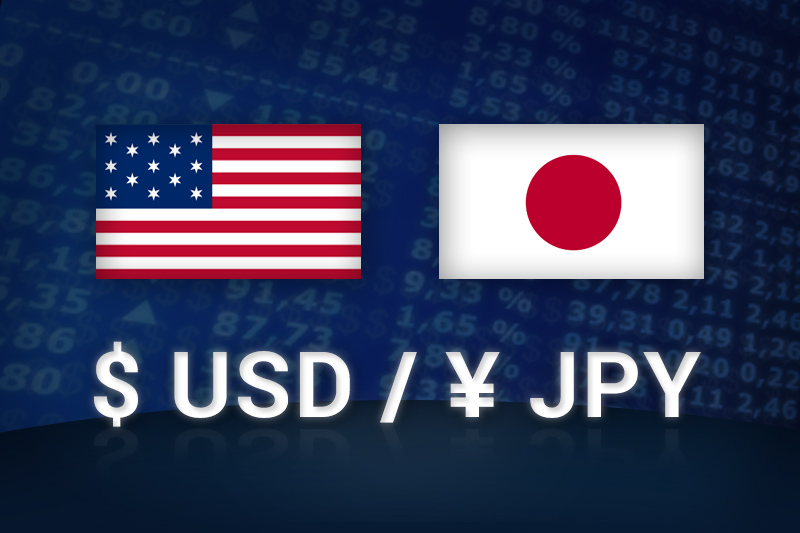Investing.com - The dollar slid against the yen on Tuesday as the Japanese currency enjoyed safe-haven demand on news China's economy grew less in the third quarter when compared to the second.
The yen lately has served as a safe-harbor asset class during times of economic and geopolitical uncertainty due to concerns that a cooling global economy may weigh on U.S. recovery and affect the timing of U.S. rate hikes next year.
In U.S. trading, USD/JPY was down 0.22% at 106.86, up from a session low of 106.26 and off a high of 107.01.
The pair was expected to test support at 105.18, last Wednesday's low, and resistance at 107.41, Monday's high.
Lackluster Chinese growth data fueled safe-haven demand for the yen.
China’s economy grew at an annual rate of 7.3% in the three months to September, slightly higher than the 7.2% forecast by economists but still slower than the 7.5% rate recorded in the second quarter.
It was the slowest rate of growth since the first quarter of 2009, in the midst of the global financial crisis, and the numbers pressured the greenback earlier on fears a slower global economy may dampen U.S. recovery.
Meanwhile in the U.S., better-than-expected data out of the housing sector cushioned the greenback's slide against its Japanese counterpart.
The National Association of Realtors said that existing home sales increased 2.4% to 5.17 million units in September from 5.05 million in August.
Analysts had expected existing home sales to rise 1% to 5.10 million units in September, and the better-than-expected figure boosted demand for the greenback.
Separately, the yen was up against the euro and up against the pound, with EUR/JPY down 0.83% at 135.78, and GBP/JPY trading down 0.40% at 172.21.
The single currency slid after Reuters reported that the European Central Bank may purchase bonds issued by companies to boost slowing inflation rates in the euro area and kick start recovery.
The report said the bank could activate the new stimulus plan as soon as December and begin bond purchases by early next year.
The ECB began purchasing covered bonds on Monday in a bid to increase liquidity in the region, and talk of fresh stimulus programs softened the euro.
On Wednesday, Japan is to release a report on the trade balance, while the U.S. is to produce data on consumer prices.
